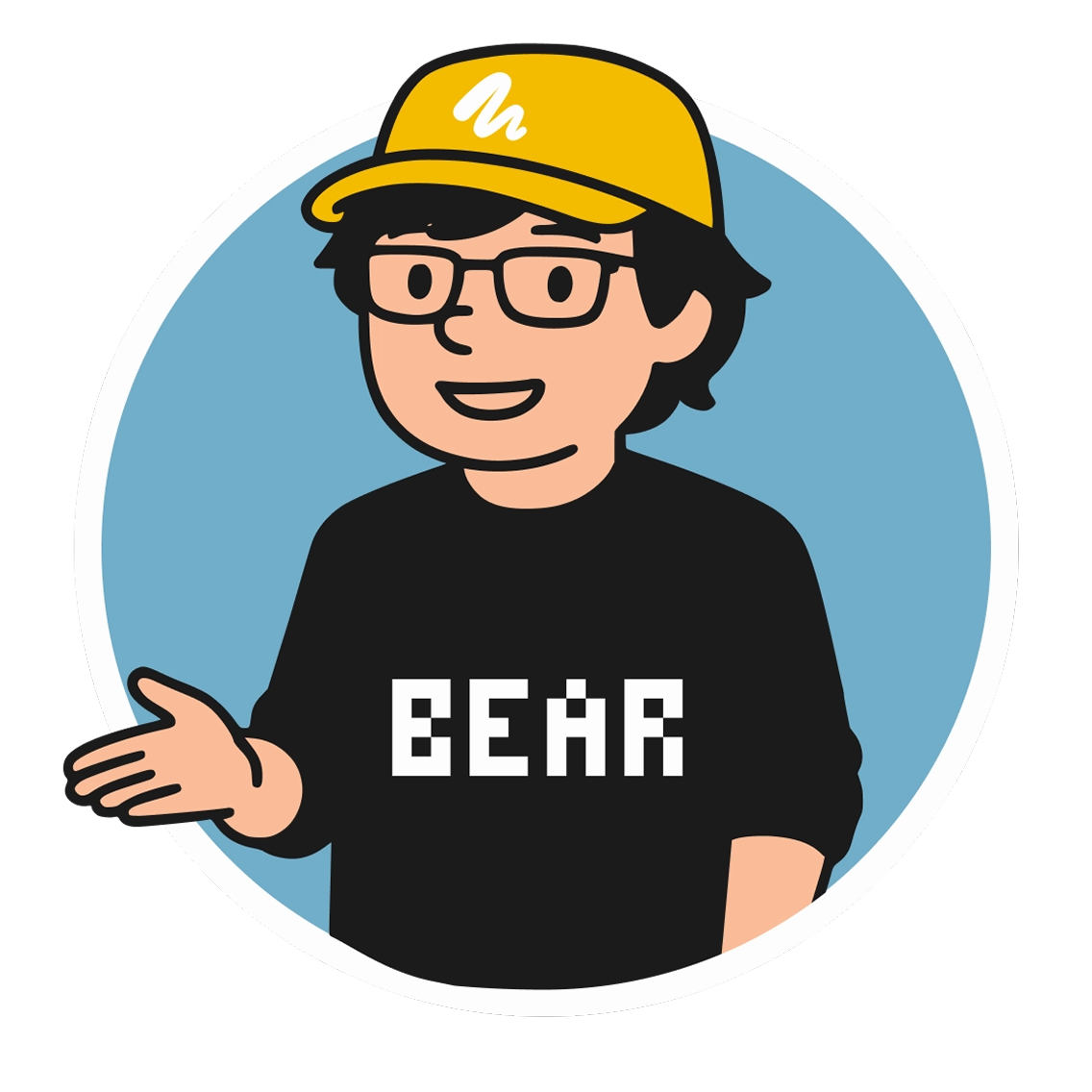67 / Your Career Playbook Just Got Thrown Out the Window
"I'm doing everything right, but something feels off. Like I'm missing something big."
Last week I mentioned we're going through a "paradigm shift" that's changing how we work. My DMs exploded. Everyone wanted to know: what exactly do you mean by that?
Fair question. Let me break it down.
That nagging feeling you've been having about work? You're not losing it. The rules have changed, and nobody sent out a memo.
I've been hearing this from so many people lately: "I'm doing everything right, but something feels off. Like I'm missing something big." Well, you're not missing anything--the game itself is different now.
What's Actually Happening
We're in the middle of a massive shift. AI is eating entire job functions for breakfast. Interfaces are disappearing. Remote work isn't a "nice-to-have" anymore--it's just work. And all of this is happening at once.
For designers: Remember when you spent years perfecting pixel-perfect UIs? Cool. Now half your users talk to their devices instead of tapping them. Voice interfaces, AI assistants, spatial computing--suddenly "interface design" means something completely different. You're not designing buttons anymore; you're designing conversations.
For developers: You mastered frameworks, memorized syntax, optimized every line of code. Meanwhile, AI just wrote a functioning app in the time it took you to read this sentence. Companies are starting to ask uncomfortable questions like "Do we really need five developers when AI can handle the heavy lifting?"
It's not that your skills are worthless. It's that the definition of valuable work is being rewritten in real time.
Stop Climbing, Start Dancing
Here's the thing: careers used to be like climbing a ladder. Learn skill → get better → earn more → repeat. Linear and predictable.
Now? It's more like dancing. The music keeps changing, and you need to feel the rhythm and adjust on the fly. Some days you're leading, some days you're following, and sometimes you're just trying not to step on anyone's toes.
The people who are thriving aren't necessarily the smartest or most experienced. They're the ones who noticed the music changed and started moving differently.
What This Means for You
First, breathe. You didn't mess up. The whole playing field shifted while you were focused on getting better at the old game.
Second, get curious instead of anxious. What's actually happening in your industry? Not what you think should be happening--what is happening. The people making moves aren't the ones with the best résumés; they're the ones reading the room.
Third, experiment. Try that AI tool everyone's talking about. Take on a project that scares you a little. Talk to someone doing something completely different. The worst thing you can do right now is nothing.
The Bottom Line
Your experience matters. Your skills matter. But clinging to how things used to work is career suicide.
The professionals winning right now aren't the ones fighting the change--they're the ones riding the wave. They stopped asking "How do I get better at what I used to do?" and started asking "What needs doing now?"
The script changed. Time to learn your new lines.
Goodies this week
Three Handy Phrases for Getting the Most Out of AI
Here are three simple but effective prompts I often use when working with AI tools:
fact check this
think step by step
ask me questions to clarify
(Verify the facts, think it through bit by bit, and feel free to ask if anything’s unclear.)
Common AI Phrases Used by Twitter user TZ:
When asking questions: critical thinking this
For writing code: stick to the principle of minimal code changes
When editing writing: please give a score, explain the criteria and reasons, and suggest improvements
Did a Virtual Investing Experiment — Can You Guess How It Turned Out?
I asked the AI to run a simulated investing experiment with the following setup:
Timeframe: from 1st Jan last year to 1st Jan this year
Portfolio: 20 randomly selected stocks — a mix of high-volatility and more stable picks
Starting capital: $50,000, evenly split across the 20 stocks
Investment Rules:
If a stock goes up more than 15%, sell it immediately
If a stock drops more than 15%, sell that too
Reinvest any proceeds equally across the remaining stocks
You're allowed to buy back stocks previously sold
Each trade costs $5
The goal was to see, based on real market data, how much that £50k would be worth after a year using this 15% rule strategy.
Result of the Virtual Investment:
We lost money 🤣
Outcome using the 15% rule strategy:
Final portfolio value: $48,374.17
Net loss: -$1,625.83
Overall return: -3.25%
Full breakdown here:
https://x.com/bearbig/status/1947967835960930455
Hello, I’m Bear—a product designer, UX mentor and an award‑winning bilingual podcast host, currently living in Auckland, New Zealand. I enjoy sharing insights from my work, life, and study, helping all of us grow together.
Bear Academy Newsletter is my weekly email packed with thoughts on technology, design, and productivity—featuring book breakdowns, learning tips, and career reflections.
Find me here:



